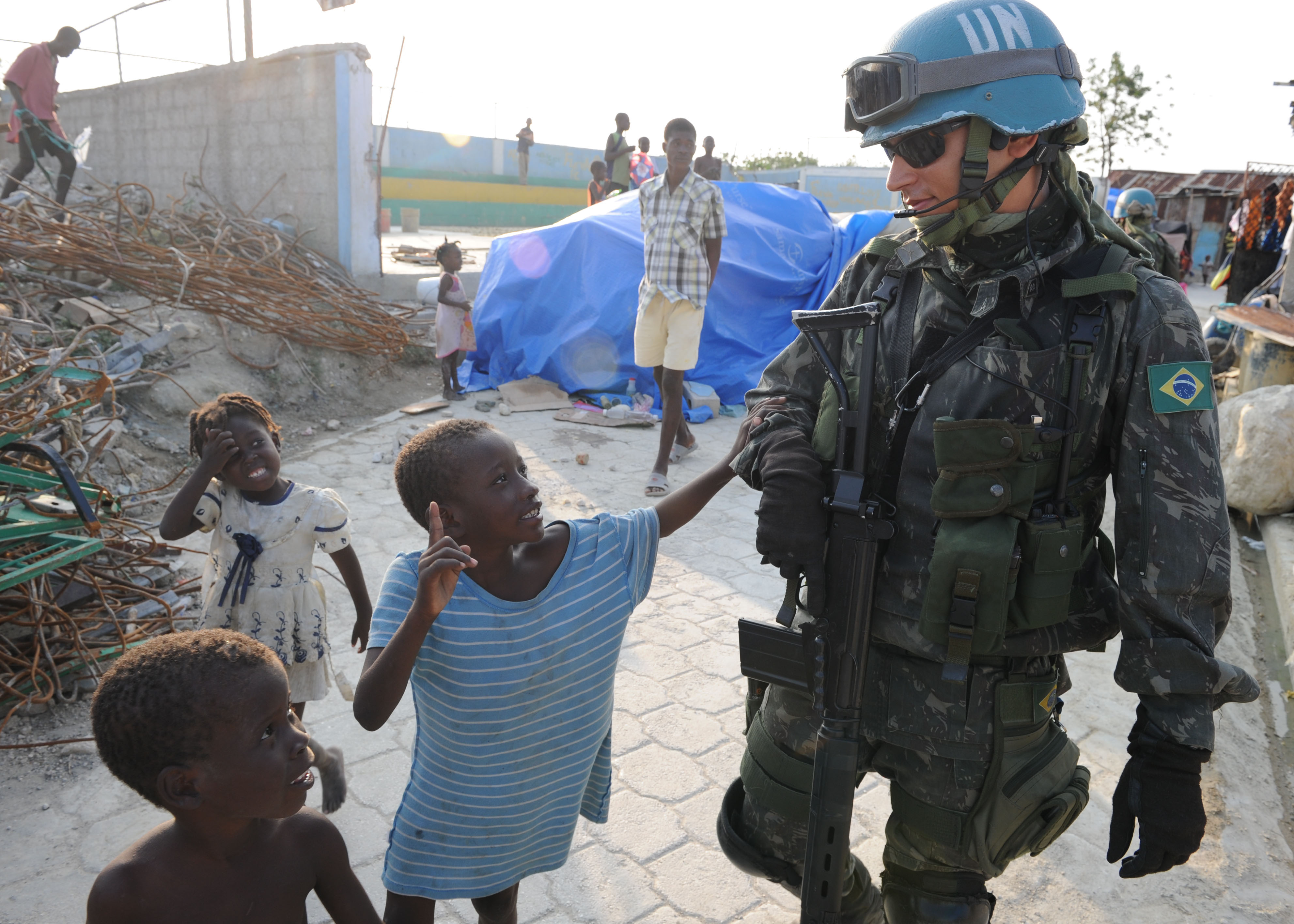Actually, wars have been fought despite UN peace keeping operations which were able to: (a) bring about cease-fire and temporary political settlements (e.g., in Cambodia, Mozambique, Haiti and Angola), (b) Settle a few long-lasting conflicts such as in Guatemala (1961 -96) and Northern Ireland (1969-98), (c) Conduct successful negotiations between Israel and Palestine from 1993 onwards whereas previously they were perennially at loggerheads.
But two trends had been worth noting in these conflict situations: (a) 29 out of total 48 peacekeeping operations conducted by the UN since 1947 were during the 1990s only, indicating a spurt in the post-cold war conflict situations, and (b) most of them were internal conflicts (1990s) typically along ethnic lines: the Turkish and Iraqi wars against the Kurds (over 1lakh deaths since 1961); Russia’s intervention in Chechnya (around 50,000 deaths during 1994-96); the Hutu slaughter of over a half-million Tutsis and moderate Hutus in Rwanda (1994-95); the Tutsi reprisal slaughter of about 1,70,000 Hutus in Burundi (1988-1995); and “ethnic cleansing” in the former Yugoslavia, for the most part by the Serbian forces against Muslims in Bosnia. Let us recall that Serbia’s aggression reduced Bosnia and Croatia to rubble; the historic Sarajevo became the Beirut of the 1990s torn by civil wars and reprisals. Over 250,000 people died and close to 2 million became refugees.
The UN’s success in management of conflicts has been limited. There are many objects to UN’s functioning which hamper its conflict resolution goals. Former British Prime Minister Margaret Thatcher once observed that the UN is “merely a mirror of its members” who therefore should reform their state behaviour for better peace both inside and outside.
ADVERTISEMENTS:
But this is only one dimension of this grave danger staring at us today. UN was less effective because of (a) the member states’ conflicting behaviour among themselves and (b) US’s creating obstacles to UN’s functioning. A serious reason is the USA’s disrespect to, and withdrawal from the UN system so that it makes a point to the rest of the world about ‘American exceptionalism’ (Alexis de Tocqueville’s expression) and justify what President Lincoln called of America, “the last, best hope of earth”. “21st century is going to be the American century”, declared President Bush, the senior.
If one looks at this American exceptionalism from the windows of millions of victims, one can easily find blatant ‘inconsistencies and self-centredness’ in America’s approach to the UN bodies and other international regulatory instruments. As a signatory of the treaty of Organisation of American States (OAS) in 1948, USA never observed the principle of non-interference in the internal affairs of the states in that hemisphere.
Internationally, it has propped up governments that were notorious for repression and systematic violation of human rights (Chile’s Pinochet, Iran’s Shah, Pakistan’s repressive governments). An important question therefore arises as to the future of the UN System in safeguarding and promoting peace in the world.
ADVERTISEMENTS:
This situation becomes poignant, whenever challenges were thrown for an egalitarian global order. Predictably, therefore, the New International Economic Order proposal was shot down in 1974, as many of the American think tanks smelt “Third World Unionism’ in it. 1980s witnessed the fall of the ‘evil empire’ (President Reagan’s description of the then Soviet Union) and the Berlin wall was pulled down. 1990s witnessed reconstruction of the globe for which the UN took several initiatives to raise a global civil society in which a new set of global values would play a decisive role.
Some may question the thesis that these UN initiatives several of them in one stream and soon after the collapse of the Soviet Bloc – were taken to rebuild a world in ‘America’s image’. But Prof. Francis Fukuyama held the ground in 1989 with his famous observation: “What we are witnessing is not just the end of cold war… but the end of history as such, that is, the end point of mankind’s ideological evolution and the universalisation of western liberal democracy as the final form of human government.”
The professor’s value judgements are questionable; but his remarks on an ‘end’ convey a deep import. Not only was the opposition from the Third world decimated in 1970s or the Communist bloc overpowered in the 1980s, the only Superpower USA started systematically opposing the European Union, the only other group having any power during the 1990s.
While the organised opposition from the Third World, Soviet Bloc and the European Union could be effectively overcome, a positive initiative lay in promoting global economy in its own image. This phenomenon is known as the ‘globalisation’ which refers to an international process of global integration, and in some cases, merging of national economies.
ADVERTISEMENTS:
The rest of the nations had to fall in line as the American multinationals penetrated their economies. The liberalisation reforms which most of the countries adopted entailing privatisation of economies, disinvestment from the state corporations, deregulation of the economy were geared up in that direction.
Henry Kissinger, the US Secretary of State under Presidents Nixon and Ford, suggested in his lecture delivered at Trinity College, Dublin on October 12, 1999 that the basic challenge in the globalisation lies in the dominant role of the US. “The basic challenge is that, what is called globalisation is really another name for the dominant role of the United States”, he pointedly observed.

